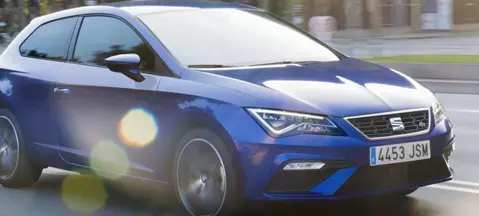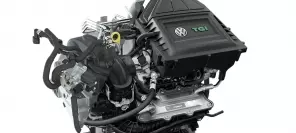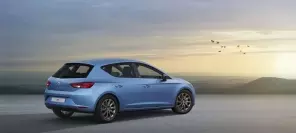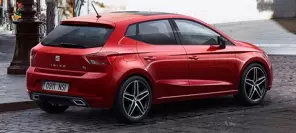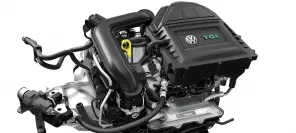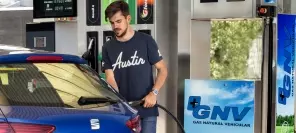- Main page
- Search
- Up to date
- Products
- Technology
- Vehicles
- Video
- Conversion Payback Simulator
Port Injection - Conversion Payback Simulator
Direct Injection - Conversion Payback Simulator
Diesel - Newsletter
Seat has big plans for CNG cars
 loading results...
loading results...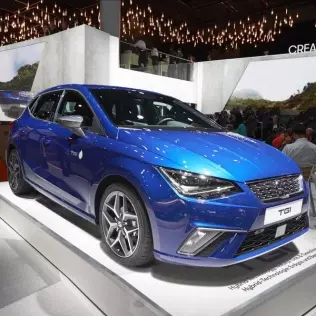 © SeatThe Ibiza is the first car in the entire Volkswagen Group to use the 1,0 TGI engine and the first CNG-powered model in its market segment. Take a hint!
© SeatThe Ibiza is the first car in the entire Volkswagen Group to use the 1,0 TGI engine and the first CNG-powered model in its market segment. Take a hint!Seat's current CNG line-up consists of the following models at the moment:
- Mii TGI;
- Leon and Leon ST TGI;
- Ibiza TGI and FR Eco Plus.
A natural-gas-powered version of the Arona small crossover will be launched in 2018 and if it proves successful, its larger sibling Ateca will follow suite.
Thanks to new additions to the range, CNG cars could account for 3% of Seat's sales by the end of 2018. The rate is expected to grow quickly and reach 10% as soon as in 2020. Mikel Palomera believes methane-powered vehicles have many advantages over hybrids, PHEVs and pure EVs: they're more affordable, more environmentally friendly in the long run and much easier to refuel. They're also cheaper and simpler to manufacture, since they don't require expensive batteries made with rare minerals.
According to the executive, there are two main obstacles slowing down the adoption of NGVs in Spain, namely: CNG as motor fuel is relatively little known and the refueling station network is underdeveloped. There are as few as 55 retail outlets across the country, of which 14 are located in Madrid and 11 in Barcelona. Seat made an agreement with Gas Natural Fenosa to boost the number of stations to 100 by the end of 2018 and 300 in 2020.
Seat aims to become Volkswagen Group's CNG specialist, developing engines running on methane as well as entire cars. The brand's engineers have the know-how and feel confident using the technology, so over time more and more components of natural gas powertrains may be developed in Spain and then used across Volkswagens, Audis and Skodas powered with compressed methane. Only time will tell if Seat's ambitious plans come to fruition, but on our part we'll keep our fingers crossed.
